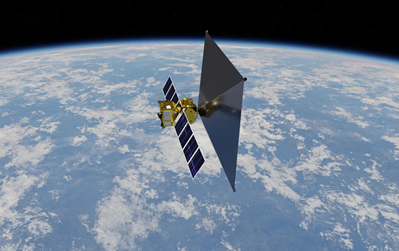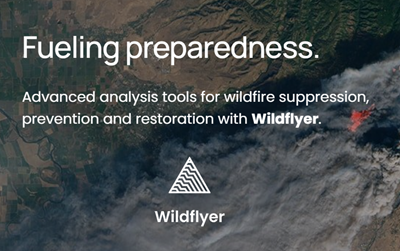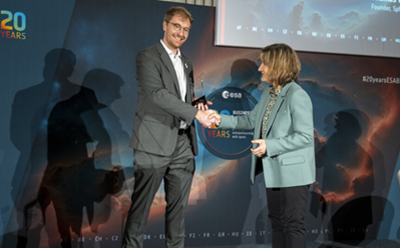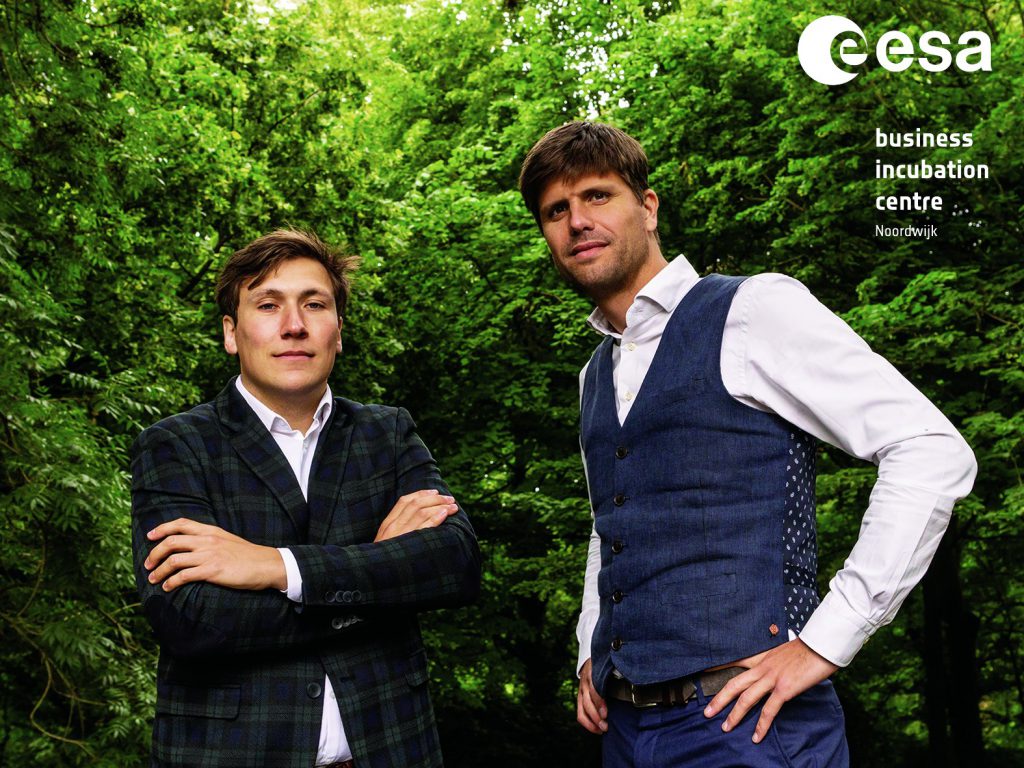
Some startups build one solution to one problem. Others build multiple solutions to multiple problems, like Sobolt. This company recently graduated the ESA BIC Noordwijk program and in that time has built several earth observation solutions to make cities more sustainable. We looked back with founders Jeroen van Zwieten and Danny Hetharia at their time in the program and discovered how they managed to do so.
What makes your company stand out?
Jeroen: We’re a founders’ duo of perseverance. We know each other from playing professional volleyball together. That means we are familiar with certain hardships. So no complaining, but moving on – that kind of mindset. I think the combination of smart and driven people makes Sobolt great.
Danny: Next to that we have sustainable ambitions and a focus on high end tech. We’ve created an environment where young and smart people want to work – it attracts people who know that the world will be in a bad shape if we do nothing.
Within Sobolt you work on multiple projects and treat them like ‘mini startups’. How does that work?
Danny: Treating every project like a startup means we can easily see what does and what doesn’t work. If it doesn’t, we can easily ‘kill’ the project instead of beating a dead dog.
Jeroen: Right now we have In1.ai (EO data enhancement), Zonnedakje (mapping solar panel potential) and Heatpuls (AI thermography) as our main projects. And of course, we know we are aiming high, and not every project turns into gold.
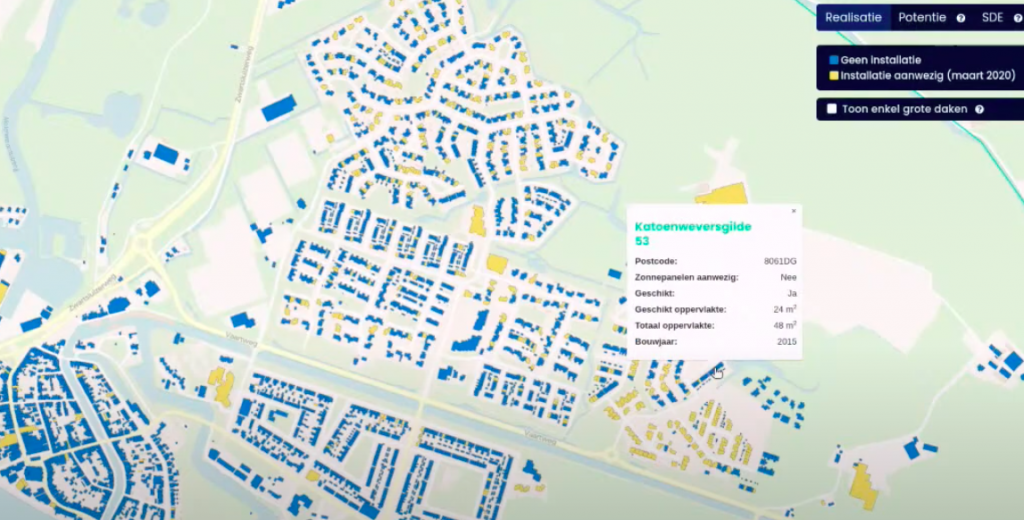
Can you describe your journey in the ESA BIC program?
Jeroen: As an incubatee, being a crucial part of the startup community was important to us. In these 2 years we’ve gained indispensable input and feedback. Also, the serendipitous meetings that are being facilitated with other startups have been truly valuable. For instance, by just walking in the lab and looking at what’s going on, we’ve started a collaboration with another incubatee, HDES. Those connections really appeal to the imagination.
Danny: And we made good use of the relations within the network, especially with ESA.
What have you learned in the sector of space and earth observation?
Danny: Since we were in the ESA BIC, we could ‘get’ to ESA much better. We used their technical support and learned a lot about how the organisation works. We’re very content with learning that.
Jeroen: Within earth observation we’ve learned that we are definitely not the only one with a certain solution in mind. So we’ve learned that you need to make a service that’s commercially interesting for both us and the customer.
What lessons would you like to share with starting entrepreneurs in your sector?
Jeroen: From a space perspective: it’s becoming harder every year to become distinctive from other businesses. So right now you should focus on 1 product – and yes, I say that even while we have multiple products.
Danny: Looking at earth observation I would say: focus on creating real value if you want to scale. Because in contrast to what seems to be said all the time: it’s actually not that easy to create a feasible business with earth observation data. If you want to be a consultant or start a project: fine. But if you want to create a scalable product, you really need to have solid and hard unique selling points.
Covid-19 has been a challenge to everyone. How did it affect your business?
Danny: Even in the pandemic, we’ve had some successes. But it doesn’t come close to the successes we eventually want. Our goal is to grow to 100 people, and from 100 to 1000. That’s our biggest challenge right now.
Jeroen: We’ve grown according to plan. But we’ve never thought that we would hire persons we’d never seen face to face. We have a team of 25, so that requires a lot of communication in a way we haven’t foreseen.
What does the future hold for Sobolt?
Jeroen: Within the next ten years, we will hit a headline in a major newspaper.
Danny: We want to make Sobolt something special. We know we can do it. It’ll be hard work, it’ll be a quest, but we’ll never doubt ourselves.
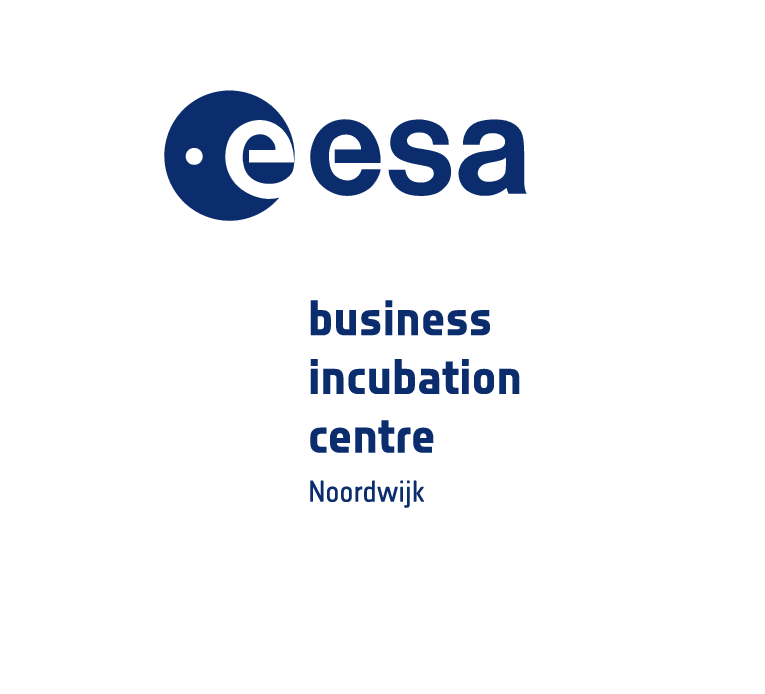
After graduation, we keep in touch with our alumni companies, as they are an invaluable part of our space business network. Want to be part of the community, and build a space based business as well? Then check out our ESA BIC incubation program.
